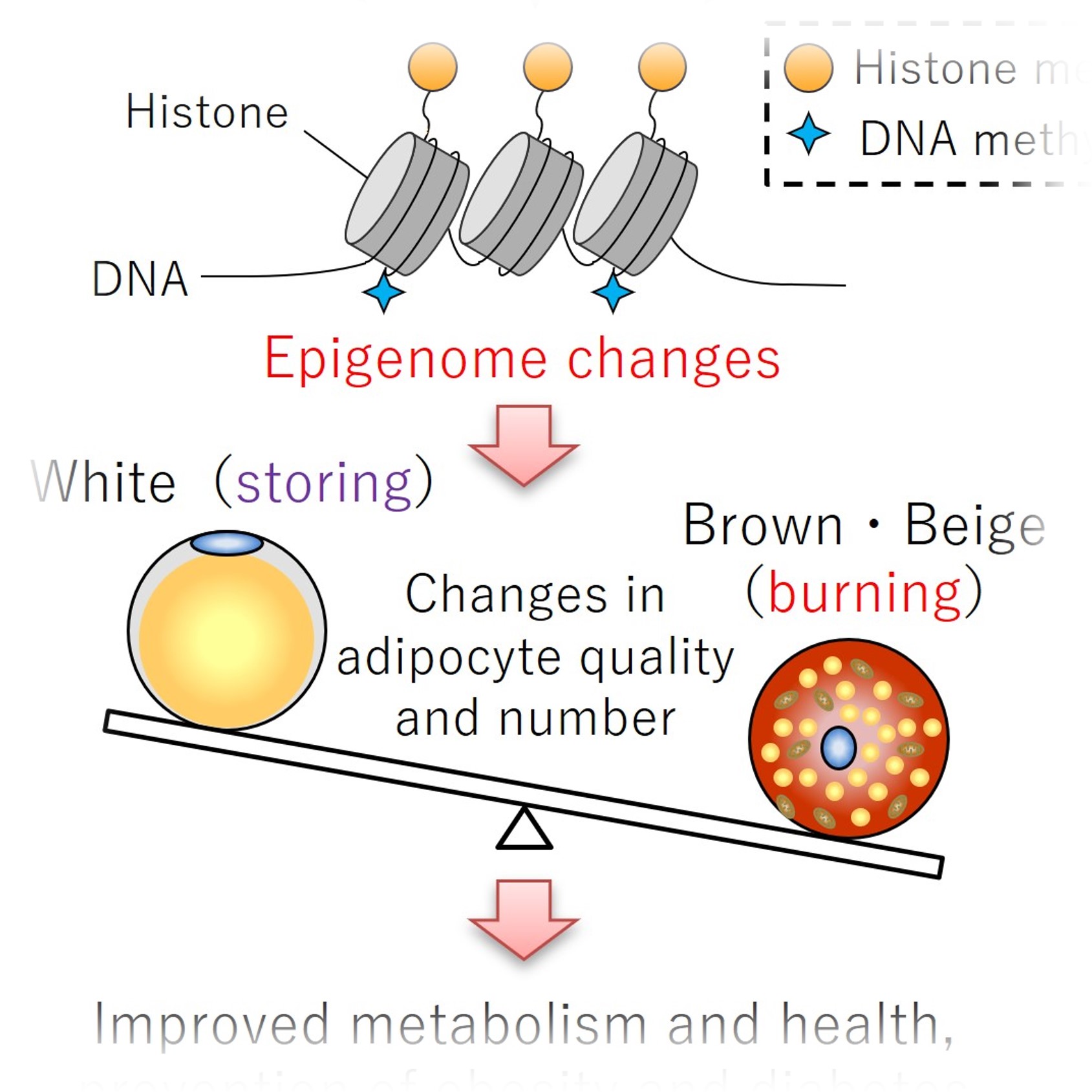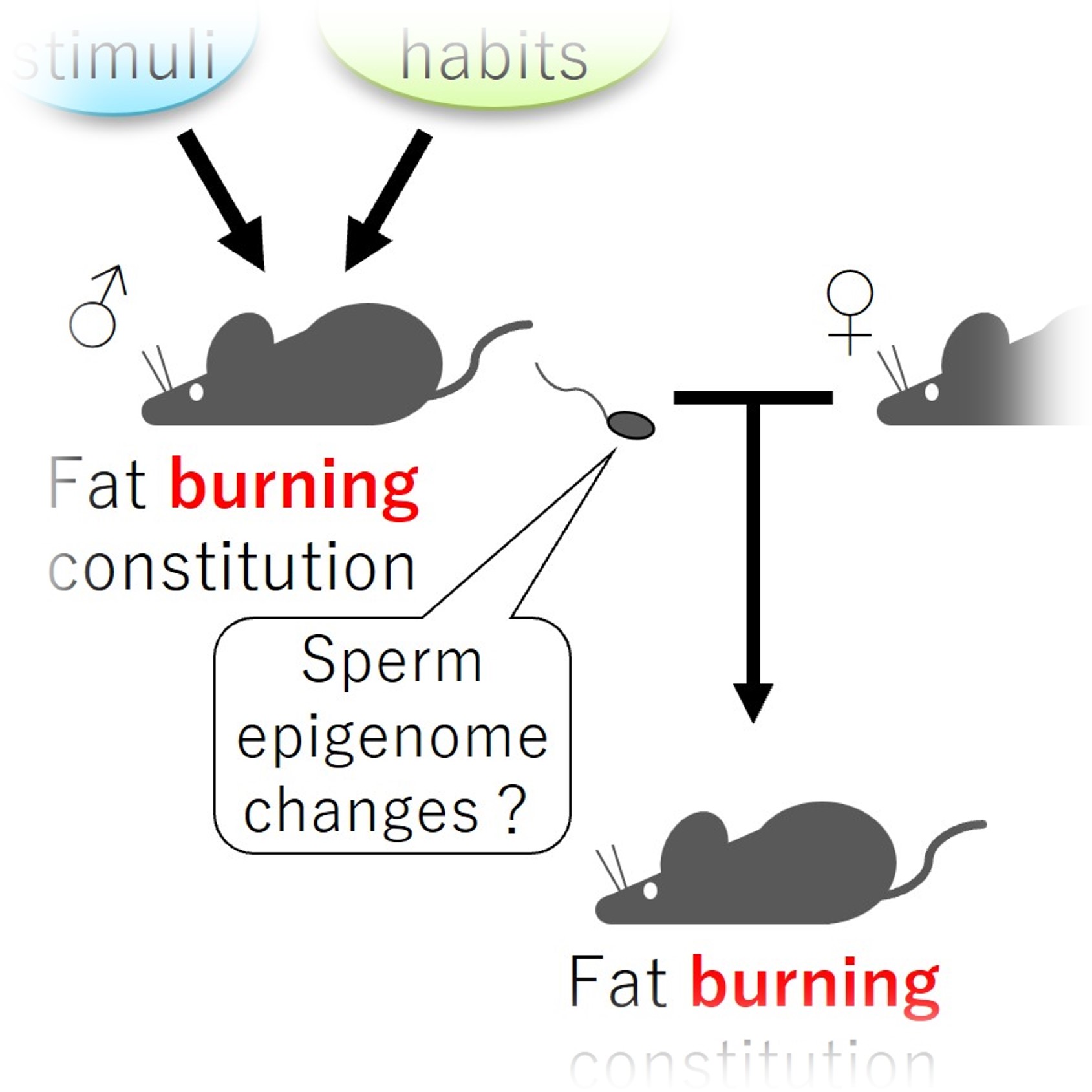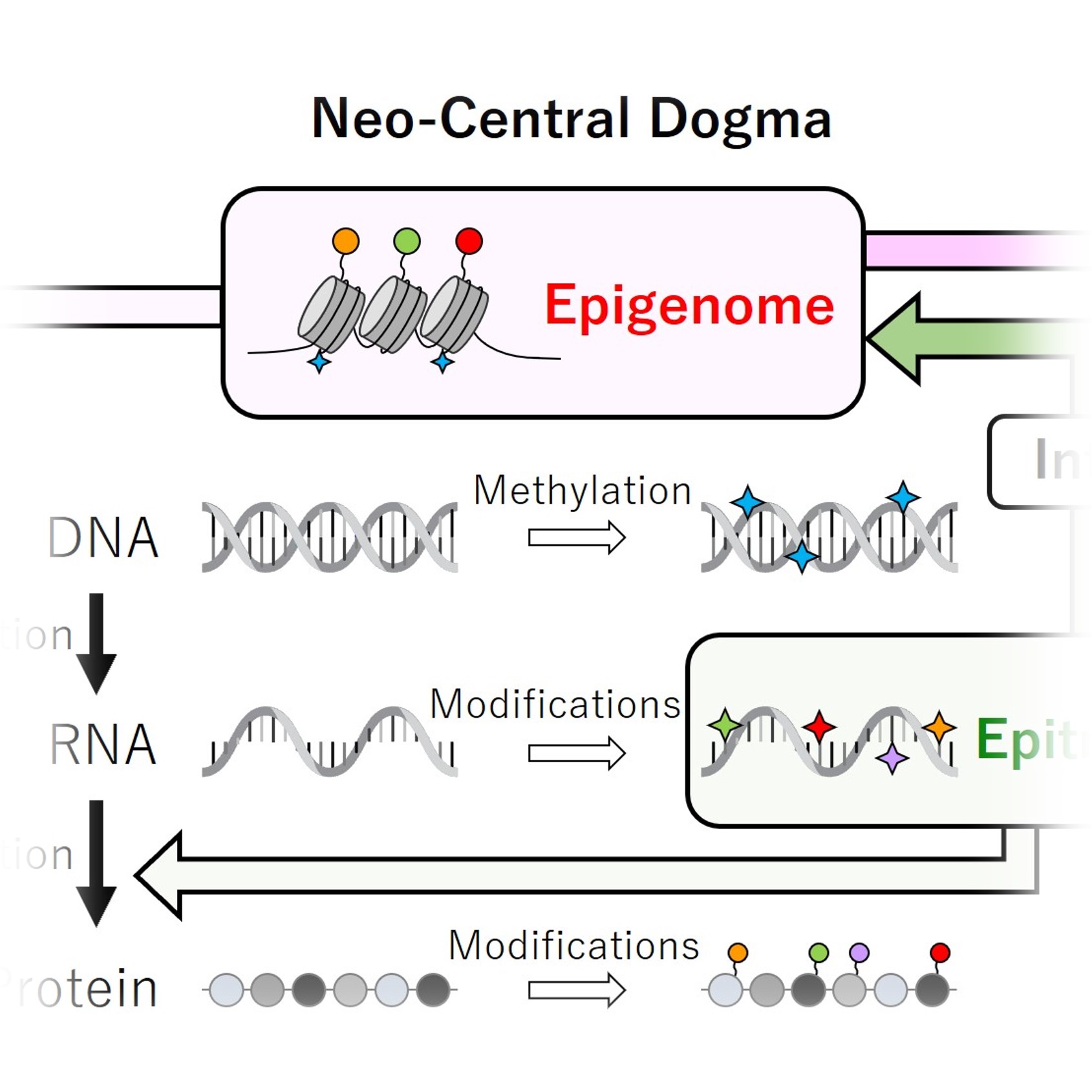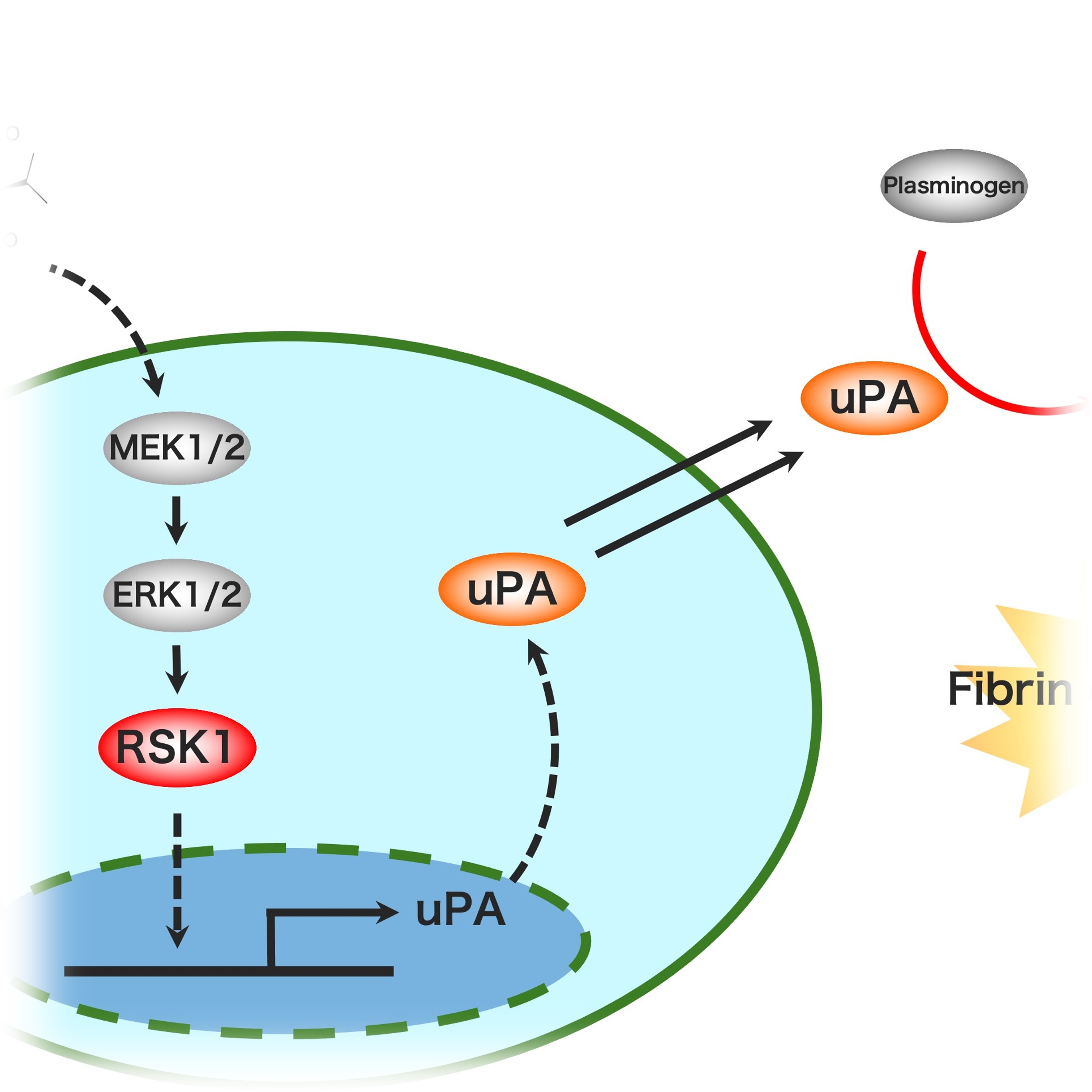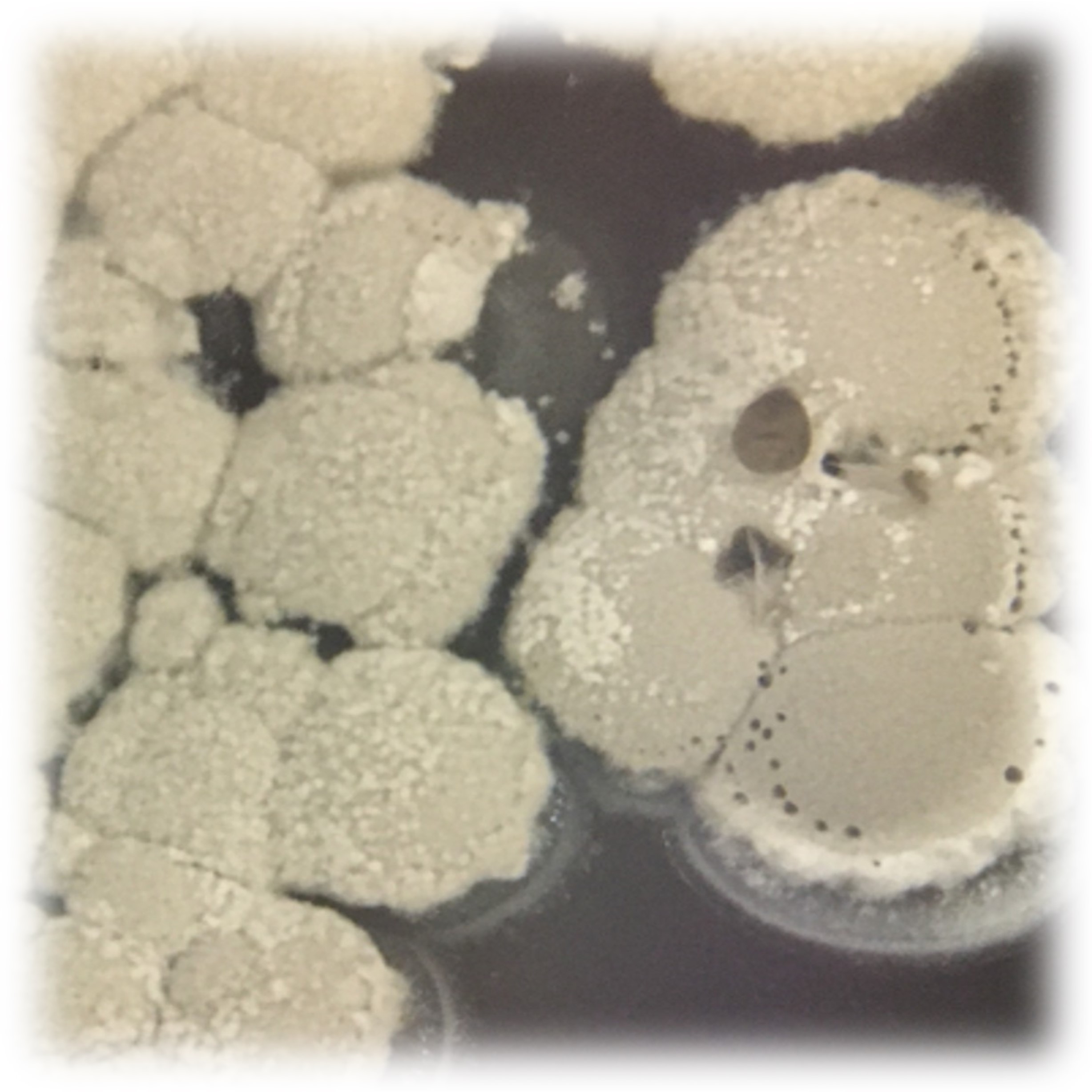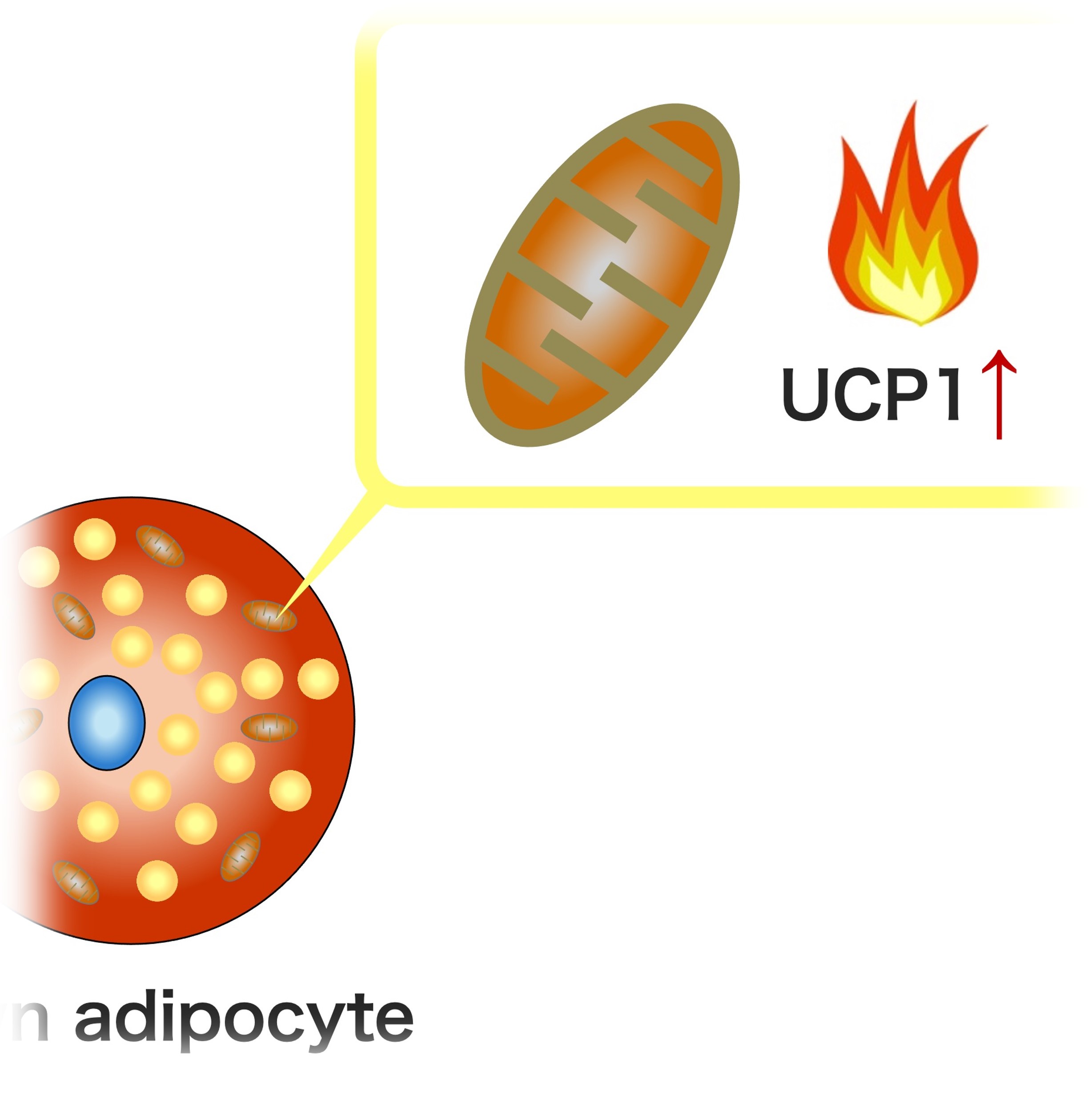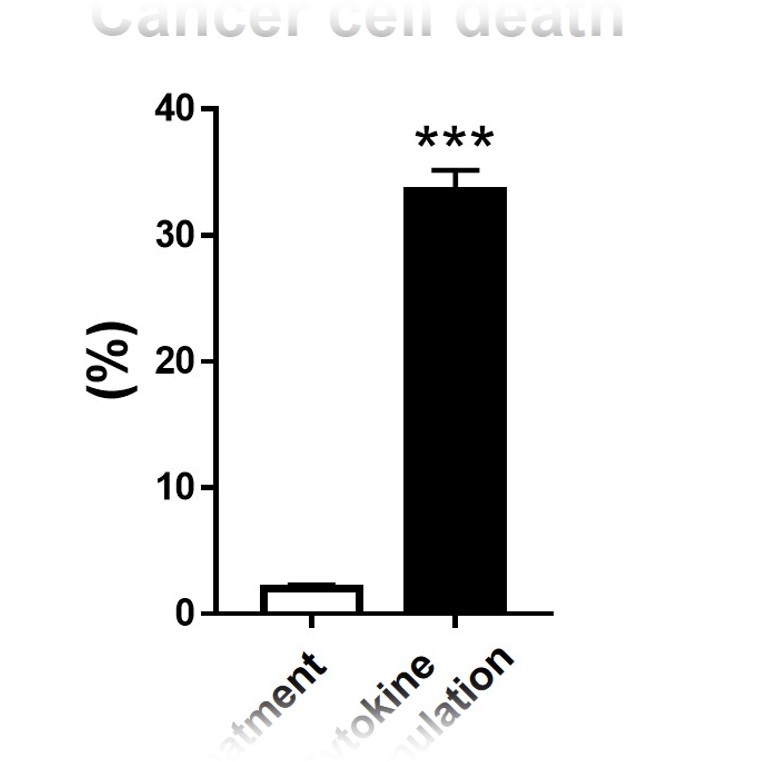Epigenome and lifestyle-related diseases
Our living environment and habits rewrite our epigenome after birth, changing our constitution and susceptibility to diseases. In recent years, it has become clear that living environment and habits affect not only the individual but alto future children. Our research group focuses on the epigenome, and aim to elucidate the mechanisms by which environmental factors regulate biological phenomena and disease onset, and to develop of new methods of preventing and treating lifestyle-related diseases.
Searching for bioactive substances derived from microorganisms and chemical biology research
Microorganisms have greatly enriched human life. In addition to their role in food and alcohol production, one of their most notable contributions is in the field of pharmaceutical development. The development of pharmaceuticals derived from microorganisms, which began with the discovery of antibiotics such as penicillin, has led to the creation of drugs with various biological activities, including anticancer drugs, cholesterol-lowering drugs, and immunosuppressants. Our research group focuses on discovering novel bioactive substances from the diverse secondary metabolites produced by microorganisms, aiming to contribute to the development of innovative pharmaceuticals.
Cancer malignancy
Cancer is one of the main causes of death worldwide. Tumor tissue may become malignant in certain cases. Malignant cancer cells invade into surrounding tissues and/or acquire metastatic property, which may lead to poor prognosis of patients. Our research group aims to elucidate the mechanism of cancer malignancy and to provide potential targets for cancer therapy.

